Exploring the Pros and Cons of Low-Flow Toilets
Low-flow toilets have become a popular environmentally-friendly solution for many homeowners and businesses in recent years. However, these toilets' effect on water fixtures and pipes often go ignored until issues occur.
We will discuss the pros and cons of low-flow toilets to help homeowners decide which option is right for them.
What are low-flow toilets?
There are two types of low-flow toilets.
Gravity low-flow toilets operate on a relatively straightforward principle. Pulling the bar or pressing the button moves the flapper inside the water tank, releasing the water and allowing it to fill up the toilet bowl. Gravity expedites the procedure, expelling the waste out of the toilet and into the plumbing system.
Pressure-assisted toilets work differently but still ensure a forceful flushing process without excess water. The air is pushed into a pressure container within the tank whenever the toilet refills. When the toilet is flushed, the air propels the water out of the bowl and away from the home.
While both are great additions to any home, the pressure-assisted option is pricier due to its advanced design and technology.
The pros of low-flow toilets
Regular toilets require about 7 gallons of water to flush down waste. In comparison, a low-flow model uses only about 1.6 gallons per flush. Some options are even more effective, using only 1.2 gallons of water. They're a long-term eco-conscious investment that helps homeowners minimize their water bills.
These low-flush toilets are easy to use. At first glance, they look similar to regular toilets. The difference is in the technology that allows them to use less water to maintain high performance.
Properties with low-flow toilets also have a higher market value. Potential buyers interested in more sustainable homes won't have to spend a lot of money upgrading the plumbing system. Low-flush models are long-lasting fixtures that can serve a home for 30 years. Installing them might be costly, but it usually drives up the property value.
Due to their refined design, low-flow toilets come in many shapes and sizes. They can fit into cramped areas, transforming narrow bathrooms into functional and compact spaces.
The cons of low-flow toilets
These eco-friendly models also come with a few downsides. Installing low-flow toilets without professional help can be complicated and exhausting. However, the installation costs are higher than regular models, leaving homeowners wondering whether low-flow toilets are a good investment.
Hiring a plumbing service to replace your toilet is not only time-saving but also ensures that no water goes to waste in the future. You will see these lower expenses reflected in the reduced water bills.
Low-flow toilets can occasionally experience issues and stop working correctly. They won't be as powerful, and the water won't go down the drain. This leads to clogging and can sometimes even damage the plumbing system. Not flushing too much toilet paper will increase the durability and protect the health of drain pipes.
Low-flush models are not always compatible with a home's plumbing network. Since their mechanisms work on gravity and pressure to propel water, the pipes must be precisely positioned to aid the flushing process. Older homes may require repairs and adjustments to align the toilets and the plumbing. Experienced professionals have time-saving methods and specialized tools that make installing environmentally-friendly toilets possible in any home.
Make the transition to a low-flow toilet as smooth as possible
Low-flow toilets are popular fixtures for a reason. They're eco-friendly, fit into smaller spaces, and will last for years to come. However, it's best to know their benefits and drawbacks before committing to a low-flush toilet.
Contact a professional plumbing service for tips and guidance if you have any additional questions or want to make the low-flush transition quick and seamless.
Water Wise Plumbing is a local, full-service residential plumbing company serving Las Vegas, Henderson, Paradise, Boulder City, Pahrump, and North Las Vegas. We provide Tankless water heater service, water softeners, water heater flush, leak detection and repair, water line rerouting, pipe installation, hydro-jetting, sewer services, and more. We are family-owned and operated, certified, and insured. We offer flat rate pricing and 24-hour emergency service.Call us today at 702-597-9554.

